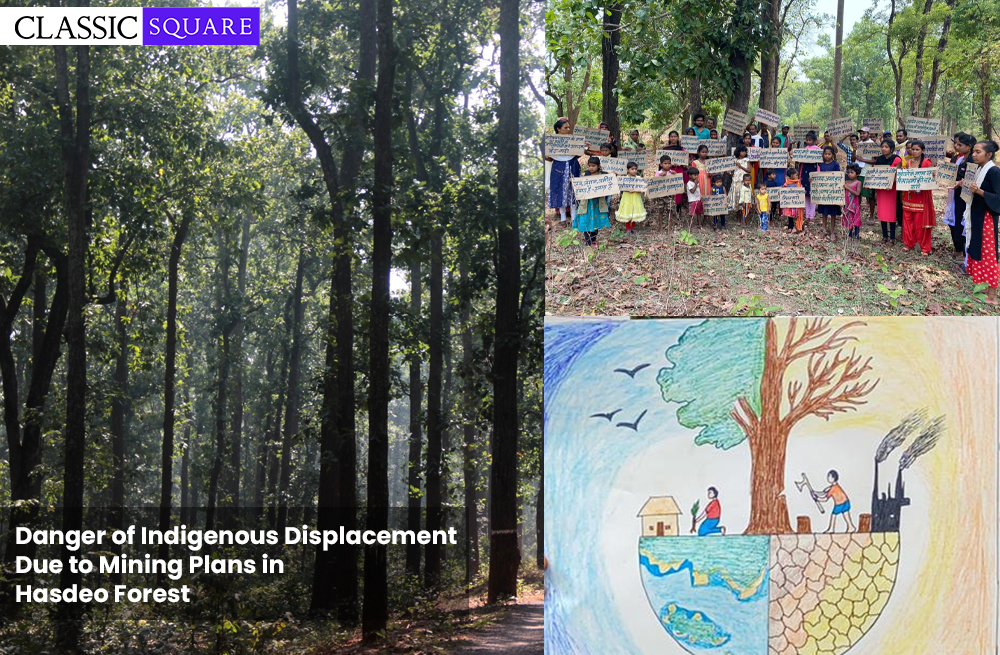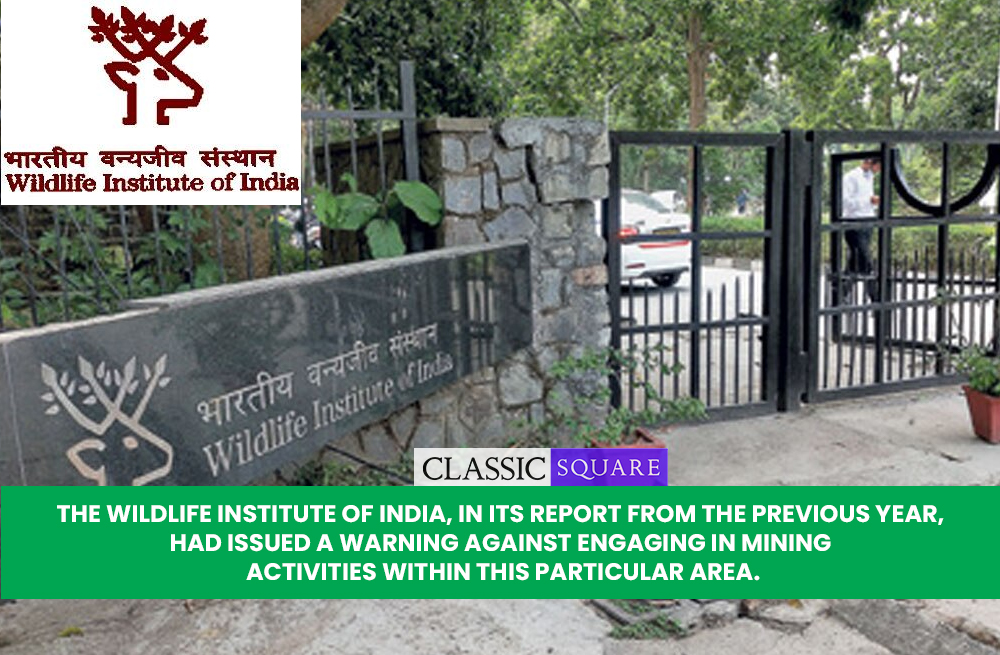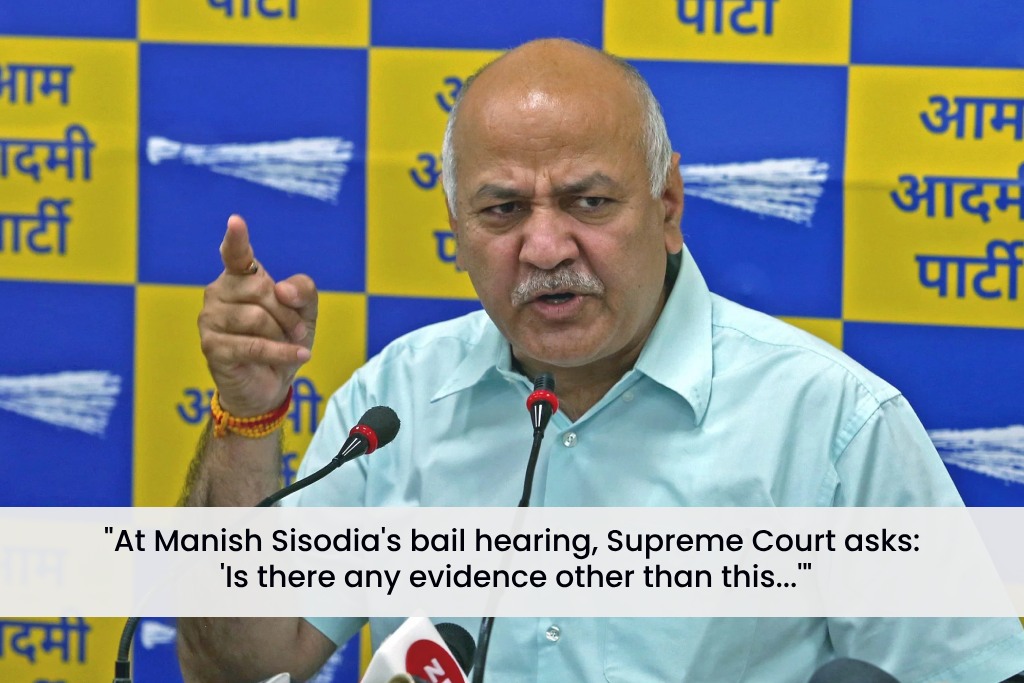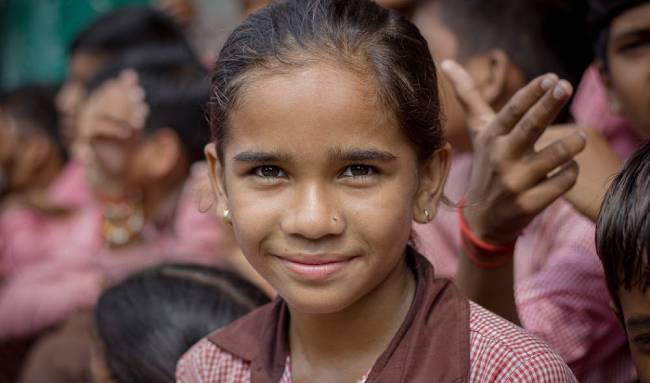The Hasdeo Forest issue stands at the intersection of the nation’s growing coal demand and the imperative of environmental preservation, coupled with the livelihoods of millions of tribal communities. The controversy surrounding the deforestation for mining…

The Hasdeo Aranya issue stands at the intersection of the nation’s growing coal demand and the imperative of environmental preservation, coupled with the livelihoods of millions of tribal communities. The controversy surrounding the deforestation for mining purposes in Chhattisgarh’s Hasdeo Aranya, one of the densest forests in the country, continues to escalate. While tribal protests and strikes successfully halted tree-cutting activities last week, villagers remain apprehensive, fearing a potential resumption of the operations.

To address the situation, the National Tiger Conservation Authority (NTCA) sent a notice to the state government, urging it to prepare a factual report. The Chhattisgarh Bachao Andolan, an organization comprising tribal communities and social activists advocating for Hasdev, lodged a complaint asserting that the state government neglected to inform both the NTCA and the National Board for Wildlife prior to tree cutting.
Notably, government data for the project indicates that approximately 95,000 trees are slated for removal in the Parsa Coal Block of Hasdeo Aranya. However, social activists argue that the actual number could surpass two lakh. The Rajasthan government is actively pursuing mining operations, with plans encompassing over twenty coal blocks within Hasdeo Aranya. Presently, the Rajasthan government is extracting coal from the Parsa East Kete Basan (PEKB) mine, having entered into an agreement with the Adani Group, serving as the developer and operator (MDO) for these mines. The Hasdeo Forest, a habitat for tigers and elephants, boasts rich biodiversity. The intricate balance between economic development, energy needs, and environmental conservation remains a critical challenge in the ongoing discourse surrounding the fate of Hasdeo Aranya.

The Wildlife Institute of India, in its report from the previous year, had issued a warning against engaging in mining activities within this particular area. Back in 2010, during the tenure of the UPA government at the Center, the then Environment Minister Jairam Ramesh had designated it as a “no-go” zone. However, pressure from Rajasthan Chief Minister Ashok Gehlot led to a reversal of this decision, and last year, the Central government granted permission for mining.
In October of the same year, the Union Environment Ministry provided the final approval for mining in the Parsa coal block of Hasdev Aranya. Covering an overall area of approximately 1,250 hectares, the Parsa coal block includes 841.5 hectares of forest land where trees are currently being felled. Subsequently, in April of this year, the Chhattisgarh government also granted approval for mining activities in this region. Villagers are now claiming that the Gram Sabha’s authorization for mining in Hasdev was secured based on a fraudulent proposal. Alok Shukla, the convener of Chhattisgarh Bachao Andolan and a prominent social activist, alleges, “The forest approval for the Parsa Coal Block has been obtained through a counterfeit Gram Sabha resolution. The company and the administration collaborated to manipulate the proposals of the Gram Sabhas. The reality is that the village councils affected by the Parsa Coal project never granted approval for the mining endeavor.”

The pursuit of mining activities in Hasdev, despite the constitutional rights of tribal communities and environmental concerns, has raised critical issues. Rahul Gandhi, despite appeals from the tribal population, has remained notably silent on the matter. For the tribals residing in Hasdev forest, this expanse represents not only their home but also their way of life. Last year, around 500 tribals undertook a 300-kilometer march to Raipur in protest against the tree-cutting in Hasdev Aranya. Subsequently, they traveled to Delhi to meet with Congress leader Rahul Gandhi. Ironically, before the 2018 assembly elections, Rahul Gandhi visited Madanpur and, in the presence of senior Congress leaders, assured villagers that Hasdev Aranya would be safeguarded, emphasizing the vital connection between forests and tribal existence. Mining was initially permitted in Hasdev in 2011 when the Congress government was in power at the Centre. Journalist Alok Putul notes, “During the Congress regime at the Centre, mining approval in Hasdev came with the condition that there would be no further mining. Chief Minister Bhupesh Baghel, then in opposition, had opposed the mining and the allocation of MDO to Adani. However, after the Congress government assumed power in Chhattisgarh in 2018, a contract with Adani was signed in 2019.”
It is noteworthy that despite Rahul Gandhi portraying himself as a champion for tribal rights, particularly after visiting Niyamgiri in Odisha, he has not actively supported the tribal cause in this instance. Meanwhile, the judiciary remains conspicuously silent amid this ongoing battle.
If coal is not found there will be darkness
The Rajasthan government asserts its claim to the PEKB block, emphasizing its imminent coal depletion. Consequently, there is a pressing need for additional coal mines. This situation prompted a meeting between Rajasthan Chief Minister Ashok Gehlot and his Chhattisgarh counterpart, Bhupesh Baghel, on March 25th of this year.
Following their meeting, Gehlot informed the media that if the Chhattisgarh government does not provide assistance, Rajasthan might face a blackout. The potential closure of 4,500 MW power plants due to a lack of coal availability poses a serious threat. The Chhattisgarh government must take swift action to resolve the current crisis that is affecting the entire state, according to Gehlot, who emphasized the urgency of making a swift decision on this matter.
In contrast, ahead of approving mining activities in the Parsa Coal Block, Chief Minister Bhupesh Baghel emphasized that the Rajasthan Government’s application would only be sanctioned in adherence to established rules and laws. A major priority for Baghel’s administration is to address environmental concerns and the welfare of residents in mining areas. Notably, it was subsequent to the meeting with Gehlot that the Baghel government granted the conclusive approval for mining in the Parsa Coal Block.
Click for more updates and latest Local News , Technology. Also get latest news at Classic Square Newsline.





